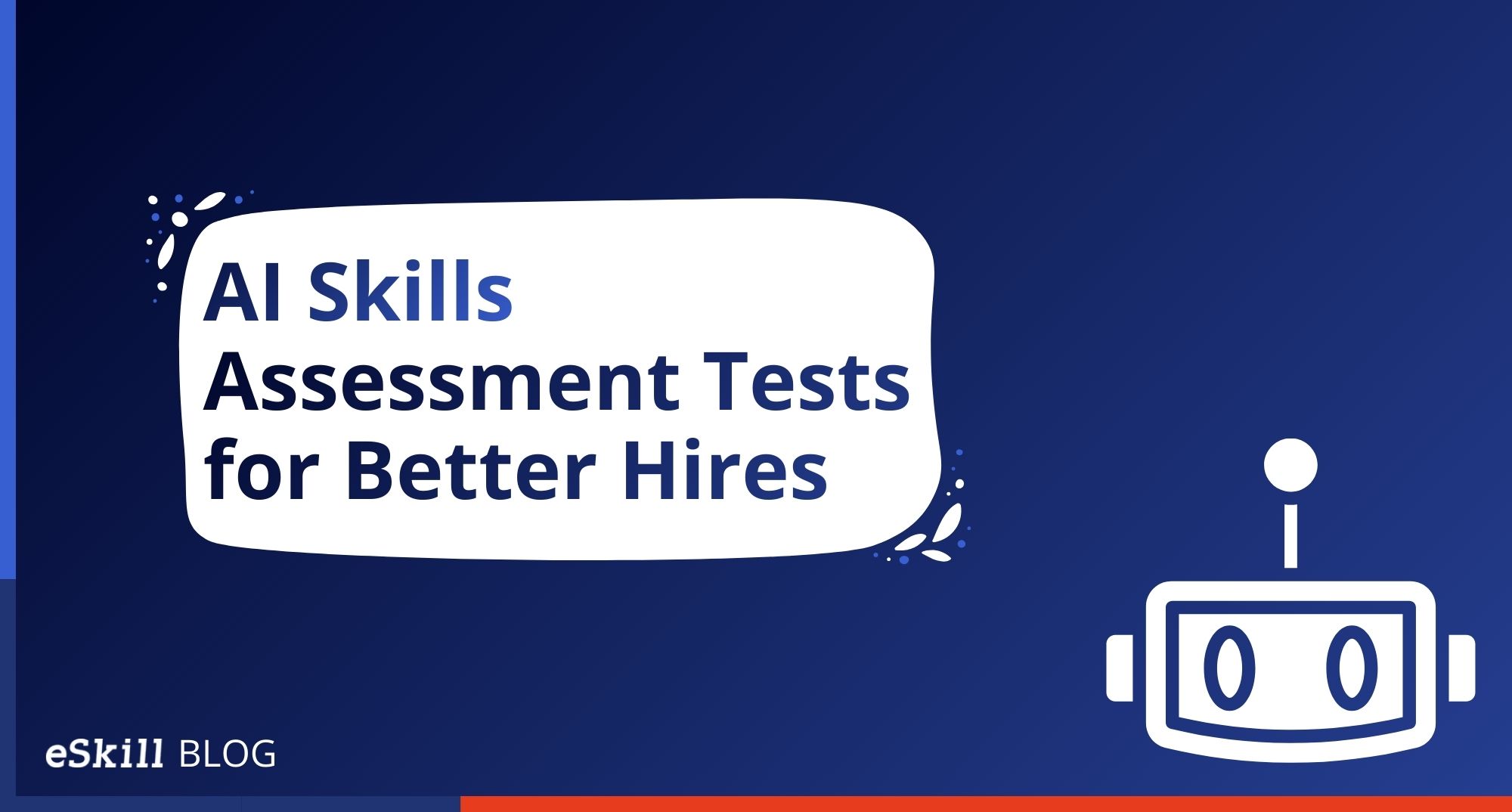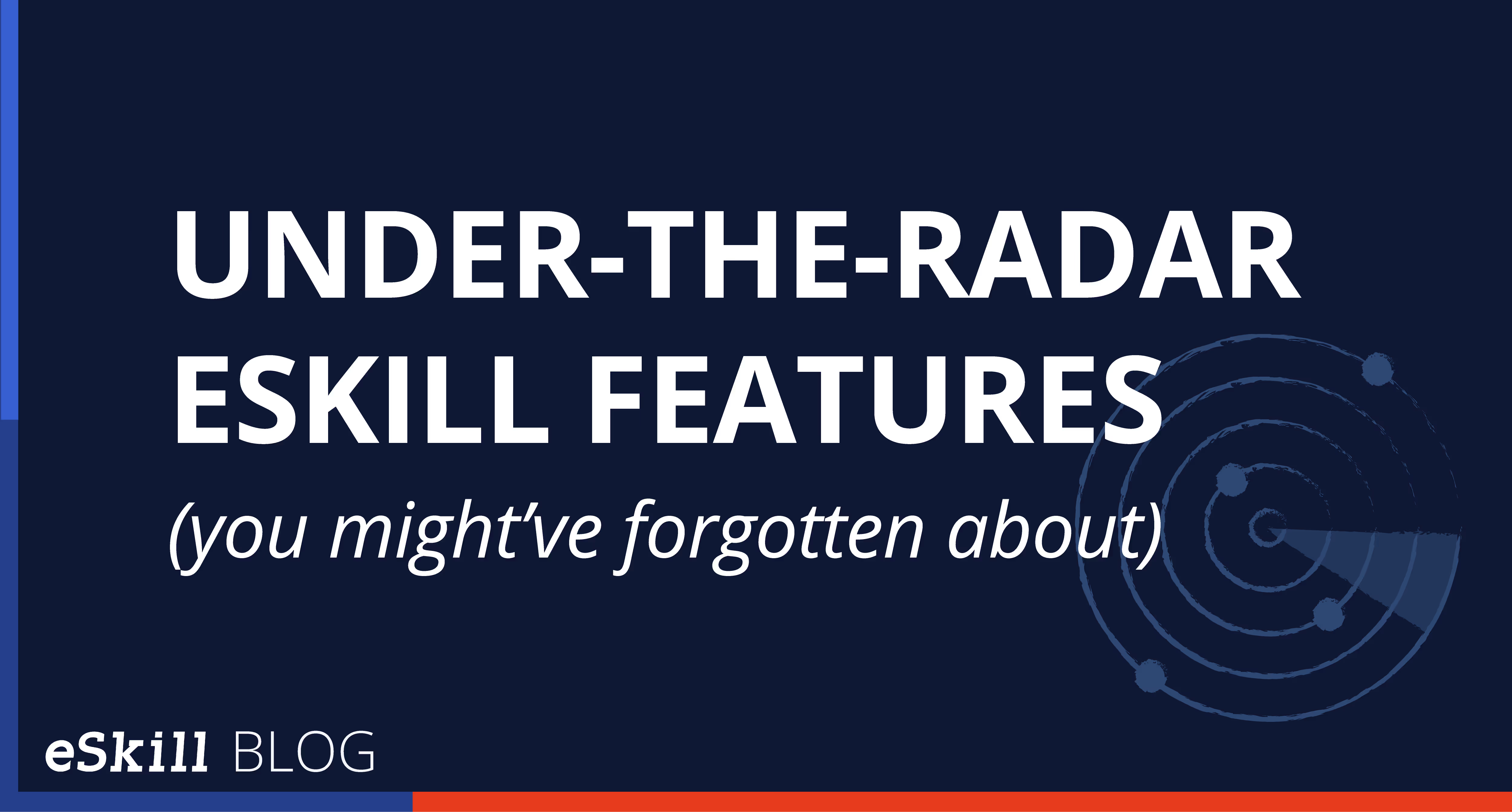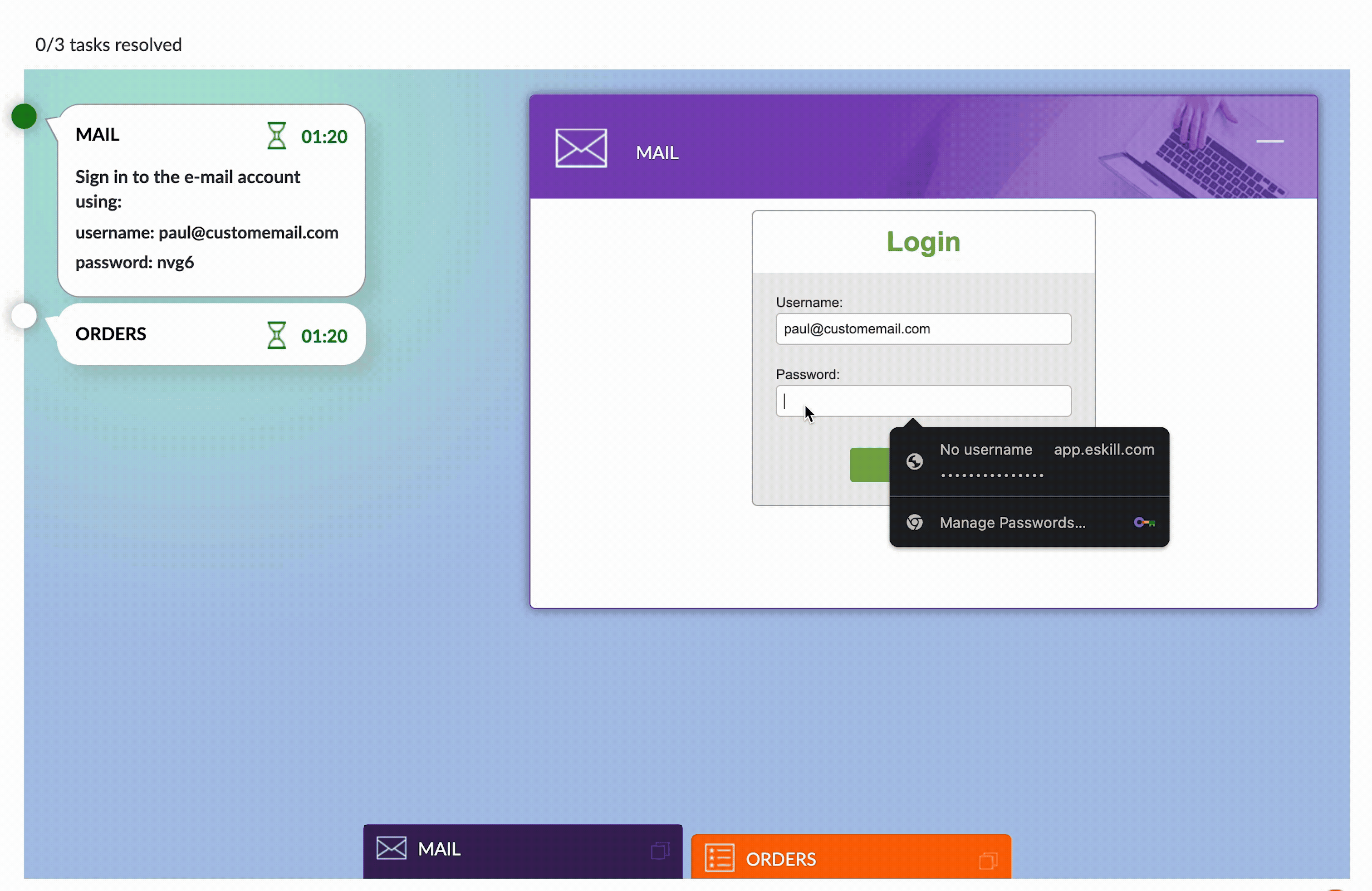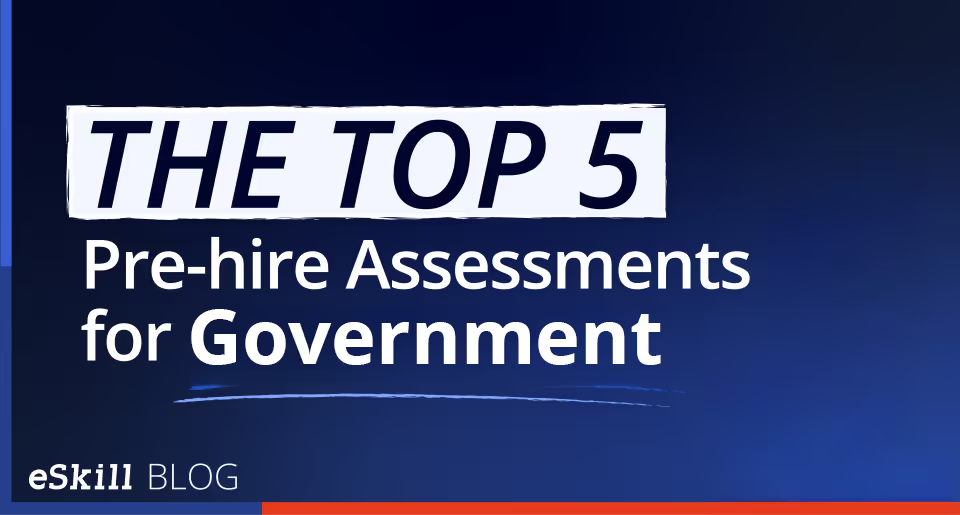As discovered by a 2021 study, the demand for individuals with artificial intelligence (AI) skills grew significantly between 2010 and 2019. This growth in demand comes as no surprise as businesses have become increasingly reliant on innovative technologies like artificial intelligence and machine learning software to optimize the efficiency of mission-critical processes.
Researchers also found that individuals with AI skills typically earned about 11% more than others within their firm, in the study mentioned above. Additionally, IT professionals with AI skills earned about 5% more than others who had the same job title but lacked artificial intelligence experience.
The increase in demand for AI skills and the potential to earn a higher wage encouraged countless IT professionals to obtain artificial intelligence certifications. Obtaining these certifications or familiarizing themselves with AI and machine learning technologies allows these individuals to add “AI skills” to their resumes.
Unfortunately, not all individuals who claim to have AI skills can deliver the goods, putting your company in quite a bind. So, how can you more effectively screen candidates for AI skills and make smarter hiring decisions? The secret to better hires is an AI skills assessment test.
What Is an AI Skills Assessment Test?
An AI skills assessment test is a screening instrument created by subject matter experts (SMEs). More commonly referred to as skills tests or pre-employment exams, these screening tools are typically administered by HR teams before hiring candidates. However, HR teams can also use them to measure the skills of current staff members to identify training needs.
AI skills assessment tests measure an applicant’s IT abilities in artificial intelligence technologies. There are several different AI skills assessment tests. Some of these skills tests cover many AI-related topics, whereas others address niche abilities and talents.
Skills tests take the guesswork out of candidate screening and hiring. When candidates complete their assigned skills test, they will receive a cumulative score. The results will also include a topic-specific performance breakdown so that hiring teams can determine how candidates fared on each subject covered during the skills test.
Your HR team can administer skills tests online, making screening candidates easy and efficient. Hiring teams can delay in-person interviews or reference reviews until they have narrowed the candidate pool to only the most talented applicants.
Top AI Recruiting Skill Tests
There are many AI recruiting skill tests. However, one of the most used is the Basic Artificial Intelligence Knowledge skills test. This 30-question skills test includes multiple-choice, select-all-that-apply, and true/false style questions. It covers artificial intelligence, machine learning, computer vision, and natural language processing topics.
In addition to the general AI knowledge skills test, many employers use the Machine Learning skills test in their screening process when hiring artificial intelligence professionals. This skills test contains 40 total questions of various formats. It covers data types and preprocessing, model development, model evaluation, and model selection.
Another highly effective skills test for measuring AI skills is Natural Language Processing. This screening tool contains 40 questions, like the Machine Learning skills test. It covers several topics, including NLP, models, practical tips and strategies, text analysis, and tensor operations.
When screening candidates for AI skills, you can use a single skills test or multiple assessments. You can also develop custom skills tests using a library of SME-approved questions. These custom skills tests could cover AI skills and ancillary topics like Application Web Development or Hardware Networking DevOps.
Why Use AI Skills Assessment Tests?
Utilizing AI skills assessment tests is the most effective way to improve your hiring capabilities. Your HR staff can determine which candidates possess essential AI skills before extending employment offers. This approach reduces the risk of making a poor hiring decision.
Bad hires can be extremely damaging to your company and your IT team. If you hire a candidate who lacks the requisite AI skills, other employees will suffer. They will often need to “pick up the slack” and take on extra work responsibilities due to the poor performance of the bad hire. Over time, this can ruin staff morale and lead to attrition.
In addition to reducing the risk of bad hires, skills tests allow you to condense the candidate screening timetable by days or even weeks, so you scoop up top performers before other organizations draw them in.
Additionally, skills tests can reduce the cost of hiring. Your HR team can conduct fewer interviews and waste less time verifying applicants’ references or education. They can focus recruiting efforts on only the most skilled applicants.
Search our massive skills test library to see the range of skills assessment tests available.
AI Recruiting Skill Tests from eSkill
Are you ready to incorporate AI recruiting skill tests into your hiring strategy? Request a demo to see how easy eSkill makes it.
Talk to sales






